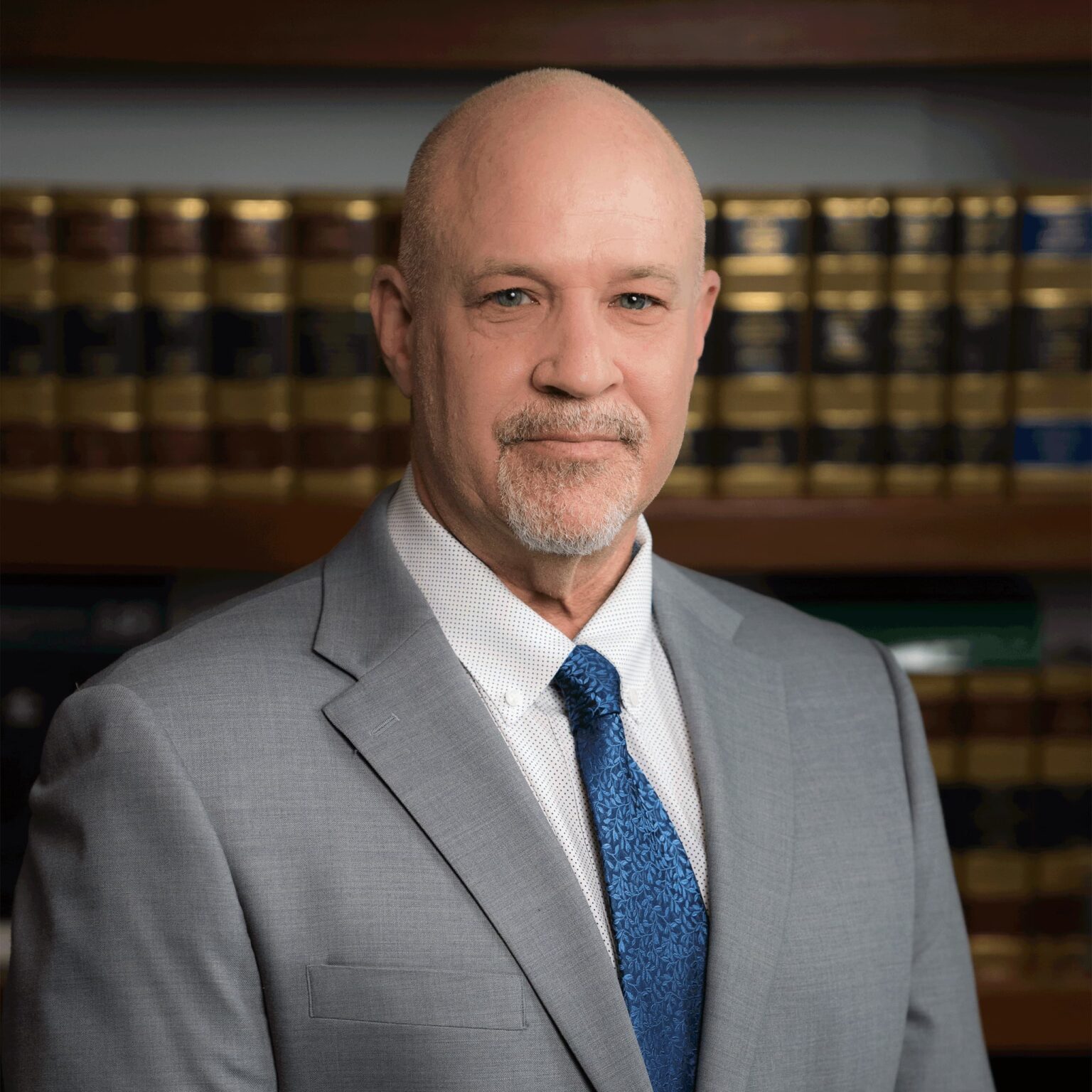Are you the victim of a traumatic brain injury? Are you coping with life-altering injuries, devastated by the consequences of an unforeseen event? We understand. A traumatic brain injury (TBI) can take a significant emotional and physical toll on the injured individual and their family. An estimated 1.7 million people in the United States suffer from a TBI each year. Of those, 52,000 will die, 275,000 will be hospitalized, and 1.365 million will be treated and released from an emergency room.
There are two types of TBIs – open and closed. An open TBI occurs when an object penetrates the skull and enters the brain. A closed TBI occurs when the head suffers blunt force trauma, but the skull remains intact. Both types of TBI can result in serious long-term effects.
If you or a loved one has suffered a TBI, seek medical attention first, then contact an experienced South Florida brain injury attorney to discuss your legal options. At Cohen & Juda, P.A., Personal Injury Lawyers in Plantation, FL, we have been helping clients like you pursue compensation for medical bills, lost wages from work, and pain and suffering. Read on to understand the difference between an open and closed TBI. Then, call us at (954) 424-1440 to schedule your free consultation. We will represent you personally.
What Is a Traumatic Brain Injury?
A traumatic brain injury (TBI) occurs when an external force damages the brain. TBI can be mild, moderate, or severe, depending on the extent of the damage. A TBI disrupts the brain’s normal functioning, whether caused by a blow or jolt to the head or a penetrating head injury.
TBIs can range from mild (a concussion) to severe (an extended period of unconsciousness or coma) and cause physical, cognitive, emotional, and behavioral changes that can be temporary or permanent.
Three Types of Traumatic Brain Injuries
There are three types of traumatic brain injuries:
- Mild TBI or Concussion: this is the most common type of TBI. Concussions usually occur after a minor head injury, such as a fall or a blow to the head. Most people recover from concussions within a few days or weeks. However, some people may experience lingering symptoms, such as headaches, dizziness, and fatigue.
- Moderate TBI: this usually results from a more severe head injury, such as a car accident or a fall from a significant height. A moderate TBI can cause loss of consciousness for several hours or days. People who suffer from a moderate TBI often experience cognitive problems, such as difficulty thinking and concentrating. They may also have trouble with memory and processing information. Physical problems, such as weakness, paralysis, and loss of coordination, are also common with a moderate TBI.
- Severe TBI: this is the most serious type of brain injury. It can occur when the brain sustains damage from a powerful force, such as a gunshot wound or a high-speed car accident. Severe TBI can cause long-term problems with cognitive and physical function and mental health. People who suffer from a severe TBI may need lifelong care and assistance with daily activities.
What Are the Symptoms of a Traumatic Brain Injury?
Symptoms of a TBI can appear immediately after the injury or may not be evident for days or weeks. The most common symptoms include:
- Headache
- Confusion
- Lightheadedness
- Dizziness
- Blurred vision
- Fatigue or drowsiness
- Bad taste in the mouth
- Ringing in the ears
- Foul smell in the nose
- Changes in sleep patterns
Symptoms of a more severe TBI include one or more of the following:
- Extended period of unconsciousness or coma
- Memory loss
- Slurred speech
- Weakness or numbness in extremities
- Impaired vision or hearing
- Feeling agitated or unusually confused
- Increased sensitivity to light and sound
A medical professional can diagnose and treat you if you experience any of the symptoms mentioned above. Do not hesitate to consult with a doctor who can examine you and order the necessary tests to determine the severity of your condition following the injury.
Cohen & Juda, P.A.: We Will Represent You Personally and Aggressively to Ensure You Are Fully Compensated for Your Losses, Suffering, and Injuries
If you or someone you love has suffered a blow to the head due to someone else’s negligence, know the symptoms of a traumatic brain injury and seek medical attention immediately. Whether open or closed, a TBI can result in serious long-term effects. After you’ve consulted a doctor, contact an experienced South Florida personal injury attorney to discuss your legal options. You may be entitled to compensation for your injuries, damages, and losses. For a free case evaluation, call us at (954) 424-1440 or complete our online form. Cohen & Juda, P.A. – We will represent you personally.
Copyright © 2022. Cohen and Juda, P.A. All rights reserved.
The information in this blog post (“post”) is provided for general informational purposes only and may not reflect the current law in your jurisdiction. No information in this post should be construed as legal advice from the individual author or the law firm, nor is it intended to be a substitute for legal counsel on any subject matter. No reader of this post should act or refrain from acting based on any information included in or accessible through this post without seeking the appropriate legal or other professional advice on the particular facts and circumstances at issue from a lawyer licensed in the recipient’s state, country, or other appropriate licensing jurisdiction.
Cohen and Juda P.A.
8211 W Broward Blvd, Suite 310
Plantation, FL 33324
(954) 424-1440
https://www.cohenandjudaflorida.com/





